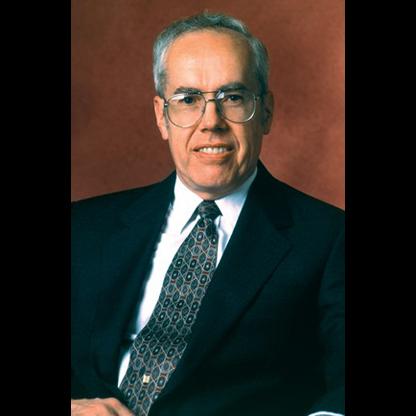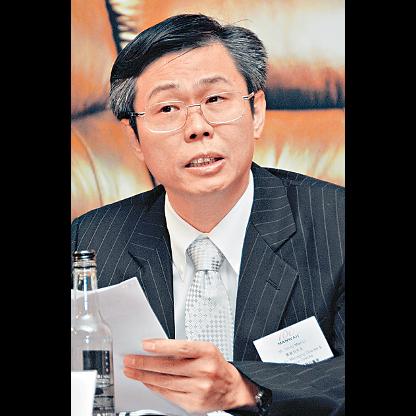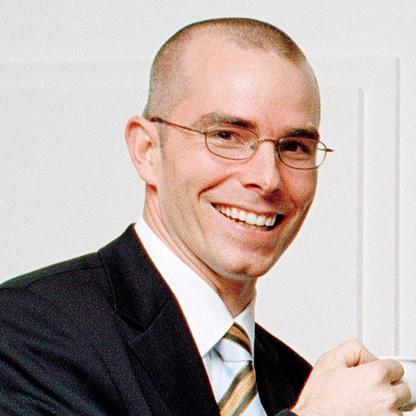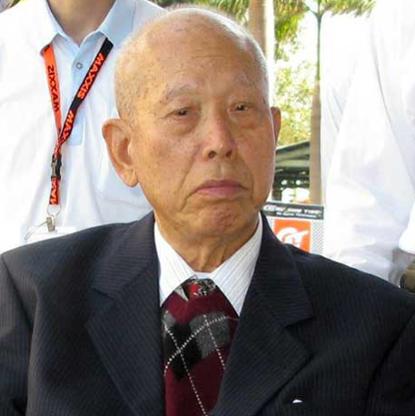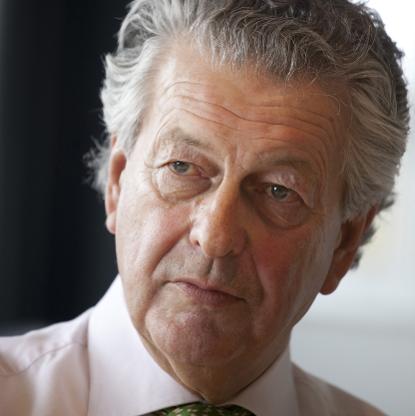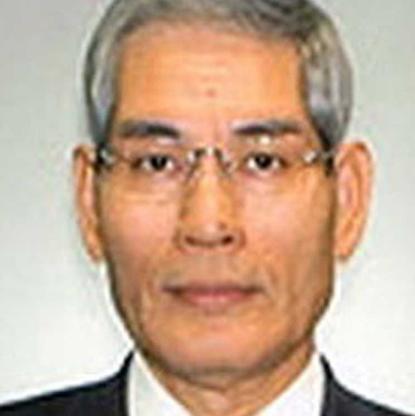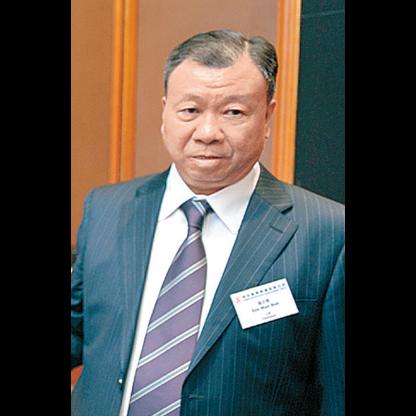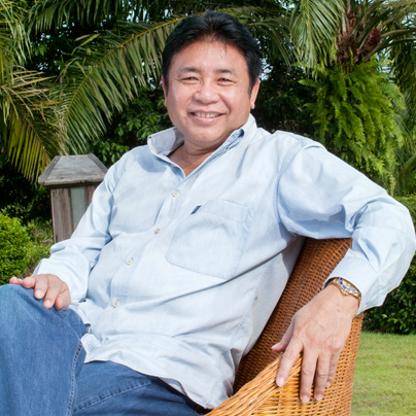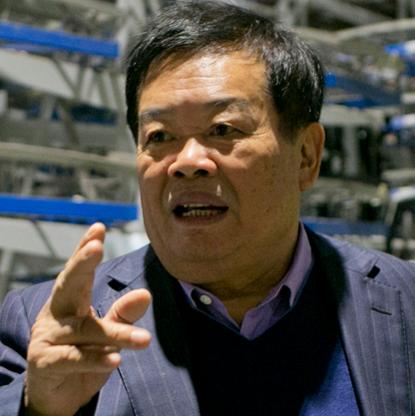In the mid-2000s, Dmitry Mazepin became embroiled in a conflict around Gazprom assets. The assets were divested by Nikolay Gornovsky, CEO of Gazprom subsidiary Mezhregiongaz, in late 2002, without permission or knowledge of Gazprom management. Part of these assets ended up in Mazepin’s possession some time after that. Gazprom was able to recover the assets, including an 18% equity stake in Azot Chemicals Company, in 2006.
